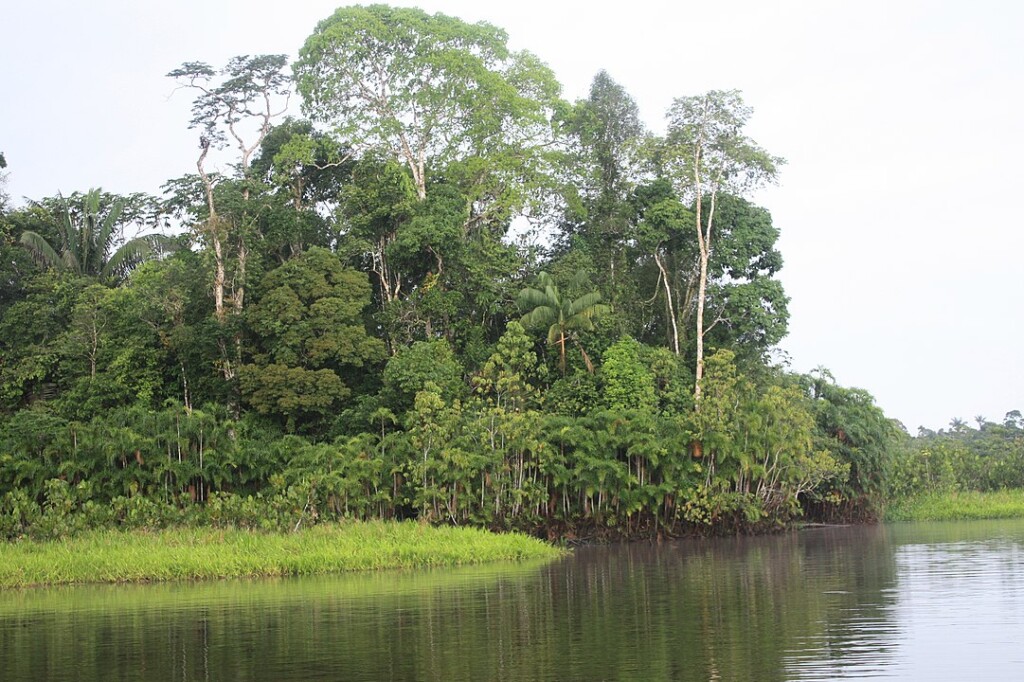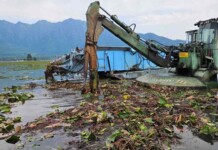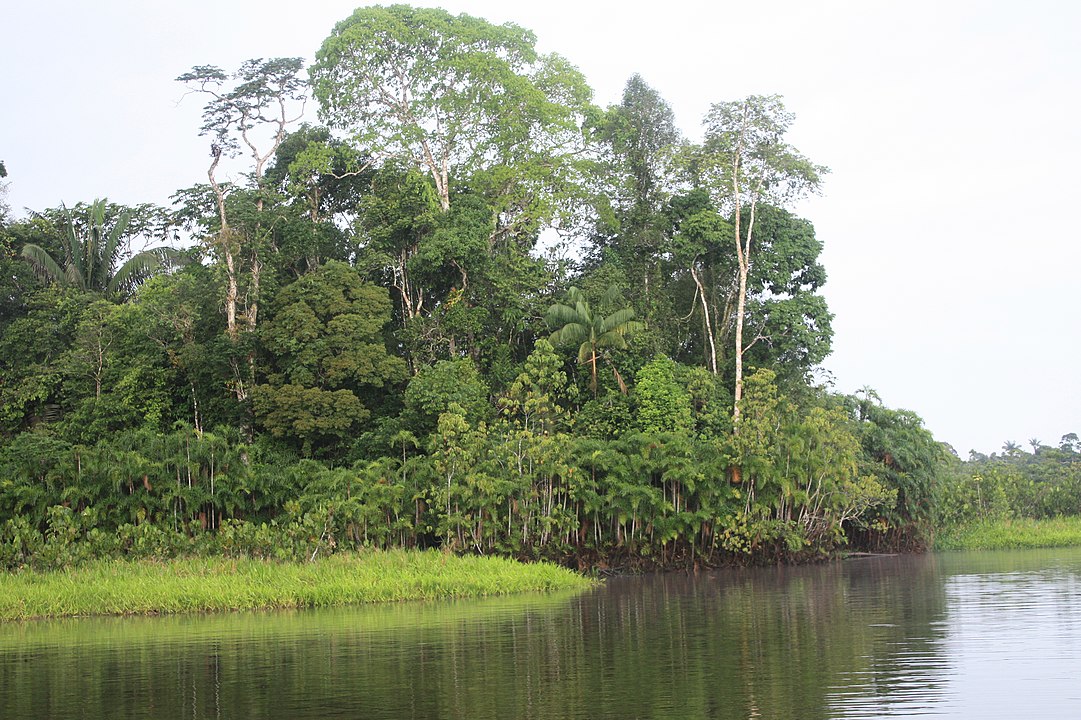
It was called the Yasuní popular consultation, and it asked the people of Ecuador a simple question: “Do you agree with the Ecuadorian government in keeping the ITT crude, known as block 43, underground indefinitely?”
At 94% of the vote counted, the answer was 60% ‘yes’. The proposal was approved.
The referendum was a popular initiative demanded by indigenous communities for more than ten years and sought to protect the vast Yasuní National Park from oil drilling.
Home to the claimed ancestral territory of the contactable Huaorani tribe, and the voluntarily-isolated Tagaeri and Taromenane, the park, 700 square miles larger than Yellowstone, was declared a UNESCO World Biosphere Reserve in 1989.
One of, if not the most biodiverse places on Earth, Yasuní National Park is home to thousands of documented species of reptiles, amphibians, fish, mammals, and birds, and according to one study, it holds world records for species richness for amphibians, bats, trees, and reptiles.
Part of its secret is that it lies within a transitional area of the Andes Mountains into the Amazon Rainforest, along several key tributaries of the Amazon River including the Napo.
MORE AMAZON NEWS: Brazil’s President Makes Good on Campaign Promise to Evict Miners from Indigenous Reserves in the Amazon
It has long been known to conceal potentially-vast oil reserves. In 2007 then-President Rafael Correa announced they would be left in the ground if rich nations contributed to an Ecuadorian poverty relief fund equal to around $3.6 billion, which was believed to represent around 50% of the oil wealth there.
Hardly any of the hoped-for total materialized, with only Turkey, Chile, Colombia, Georgia, Australia, Spain, and Belgium contributing, along with some extremely wealthy individuals. And so 6 years later, Correa announced the intention to move ahead with drilling in block 43, within the National Park boundaries.
OTHER BIG BUSINESS REJECTIONS: Arctic Oil Drilling Plans Suffer ‘Stunning Setback’ as Almost ‘No One Shows Up’ For the Sale
The recent referendum was seen as a blow to President Guillermo Lasso, who also had advocated for drilling. State oil company Petroecuador will have to dismantle its drilling operations in the area in the coming months, something which they’ve stated they will comply with as soon as the vote is officially counted and ratified.
SHARE This Huge Legal Victory For Indigenous Peoples And Animals…




















